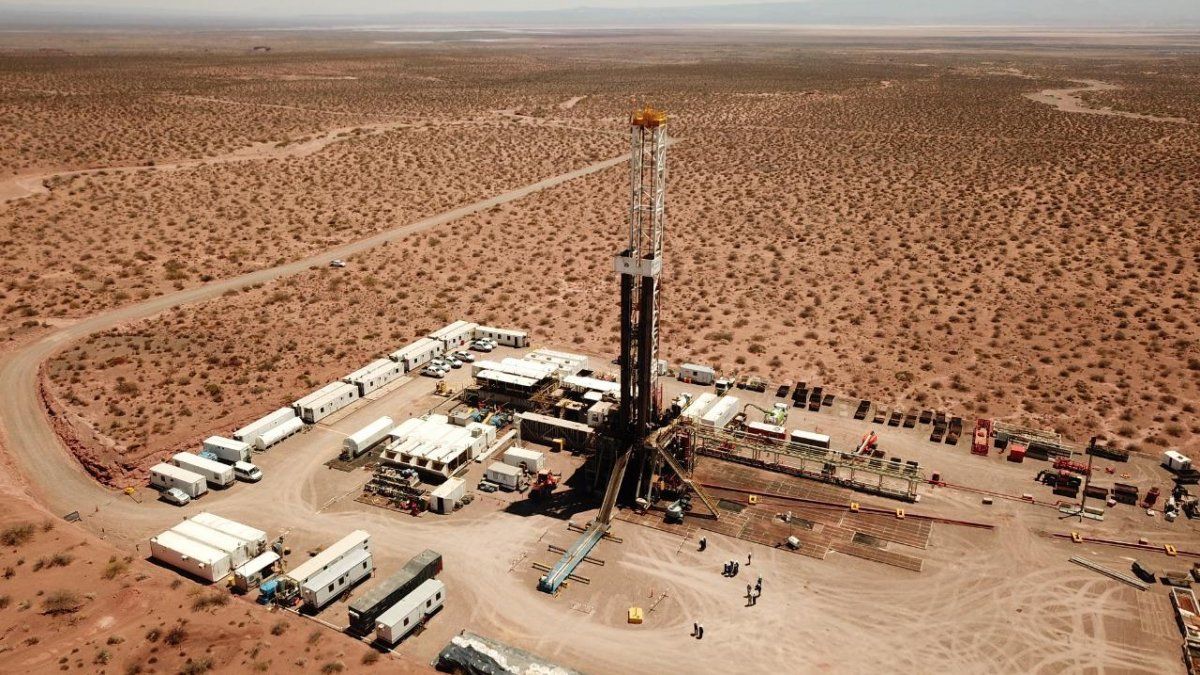Energy will be a key sector for the Argentine macroeconomy, because the export jump could have a positive impact on the always complicated balance of payments. In this context, the next government will have to address a series of urgent agendas.
Self-sufficiency and export power
On the one hand, the infrastructure. Despite having plenty of resources in Vaca Muerta, to achieve energy self-sufficiency the country will have to advance priority works. The reversal of the gas pipeline to bring gas to the north of the country has already been put out to tender and has financing, so the works must be carried out.
But the case is different second section of the Néstor Kirchner gas pipeline, which at the moment only had the call for bids. It is a work of the magnitude of the first section, due to the amount necessary and the extension, which remains to be known which company will carry it out and with what financing, given that in this case it will not be the National Treasury. In this second stage, it will be 562 kilometers to get the gas from Vaca Muerta to San Jerónimo, in Santa Fe, supply the local industry, and begin planning exports to Brazil.
Hand in hand with infrastructure will be the next government’s ability to face key international negotiations. In 2024 a milestone will be marked because Bolivia will stop supplying firm gas to the northern provinces. A new contract will have to be renegotiated, which initially expired in 2026. And, at the same time, in the event that the northern reversal is completed next winter, negotiate with Bolivia the use of existing infrastructure to reach the south of Brazil with Vaca Muerta gas.
Within the framework of thinking of Argentina as an export power, another pending agenda is the law for the promotion of liquefied natural gas (LNG), so that Vaca Muerta reserves can reach not only neighboring countries, but any country, through LNG ships. It has half a sanction from the Chamber of Deputies, and still needs the Senate to become law. Neither of the two projects interested in advancing LNG plants will do so without a law that provides incentives and clear long-term rules, such as enabling firm exports and defining the tax issue.
Gas and rates
The next government must determine the future of key prices for the pocket. The fuels are within the framework of a price agreement with refiners and oil companies, which ends at the end of November. He future will depend on the value of the exchange rate and the price of the Creole barrel, which due to the rise in international prices, has a significant gap with the export price. Furthermore, the liquid fuel tax It was extended again until February, at which time it must be defined how this tribute continues.
As for rates, in the case of electricity it has already been defined how prices will be during the summer. Currently there are around a third of families, which, together with industries and businesses, pay the entire cost of generation and do not receive subsidies. For Juan Jose Carbajales, director of the consulting firm Paspartú, The focus of the next government will be on the so-called N3: These are middle-income users who were subsidized within the framework of segmentation, and who, with increases well below inflation, pay less than 20% of the cost of energy generation. For the N2, which are families with a social rate, no changes are expected because they are the ones who had the most vulnerable income.
Electric power
An urgent agenda will also be that of electrical energy. On the one hand, the future of regulatory entities, such as ENRE, which are currently intervened. On the other hand, the conclusion of the comprehensive tariff review (RTI). The process started in June, but was not completed. There, through a technical-economic evaluation, the different service quality parameters that will be imposed on the distributors Edenor and Edesur for the five-year period 2024-2028 will be determined.
Regarding generation, the next government must define in whose hands hydroelectric generation remains. In August the concessions for the Comahue dams began to expire, and the Ministry of Economy defined their extension until next January. But, since December and also in 2024, another 17 concessions continue to expire, after their privatization 30 years ago. Today, dams account for almost a third of electricity generation.
Source: Ambito




